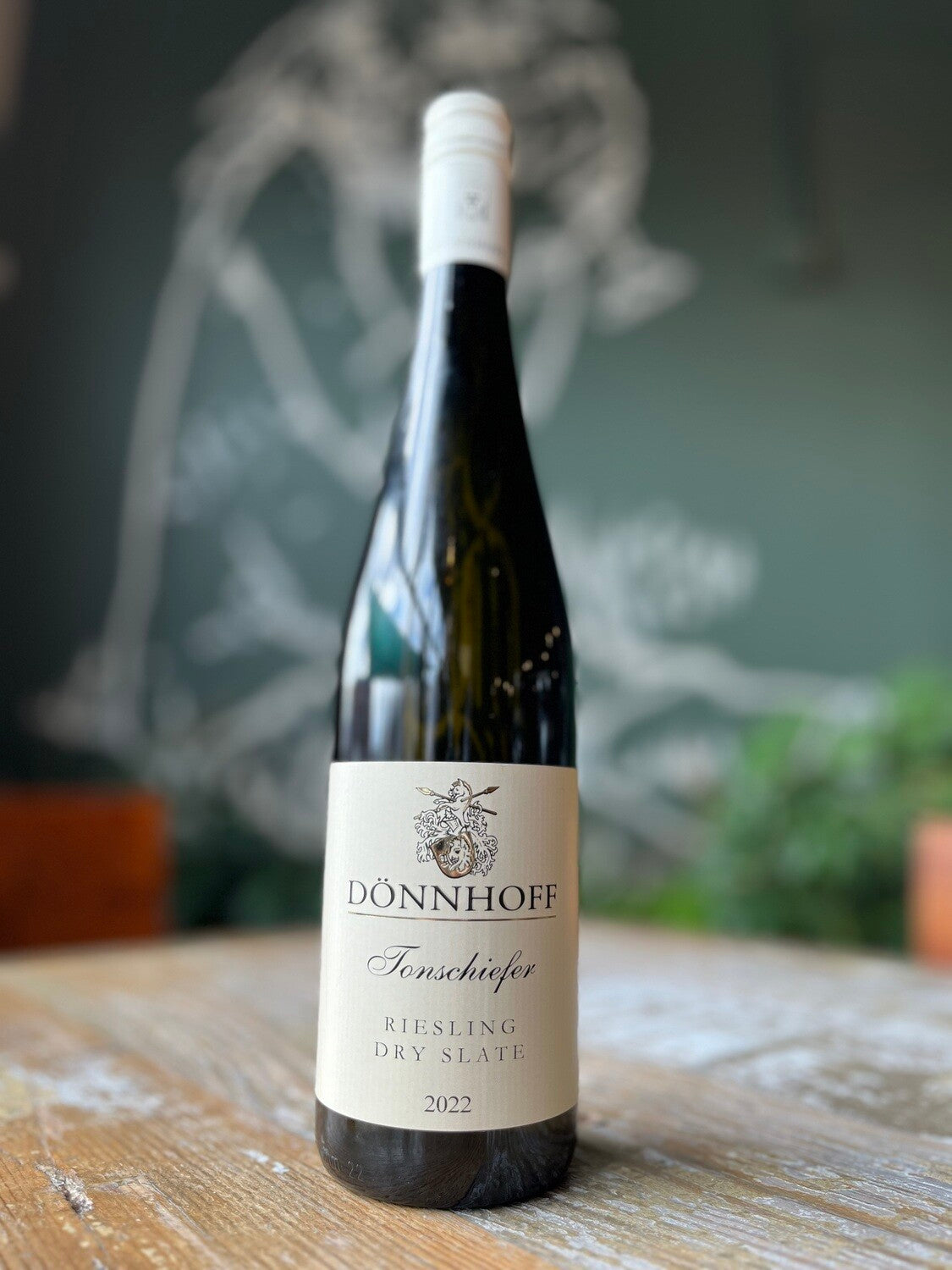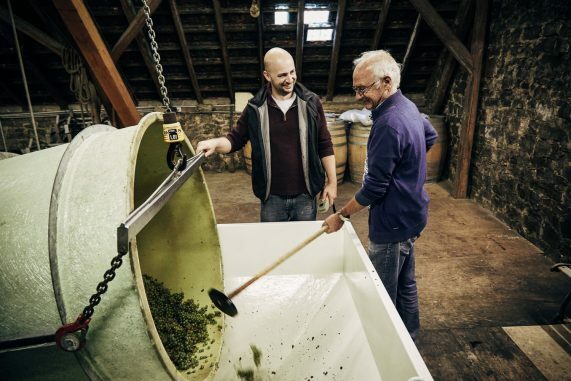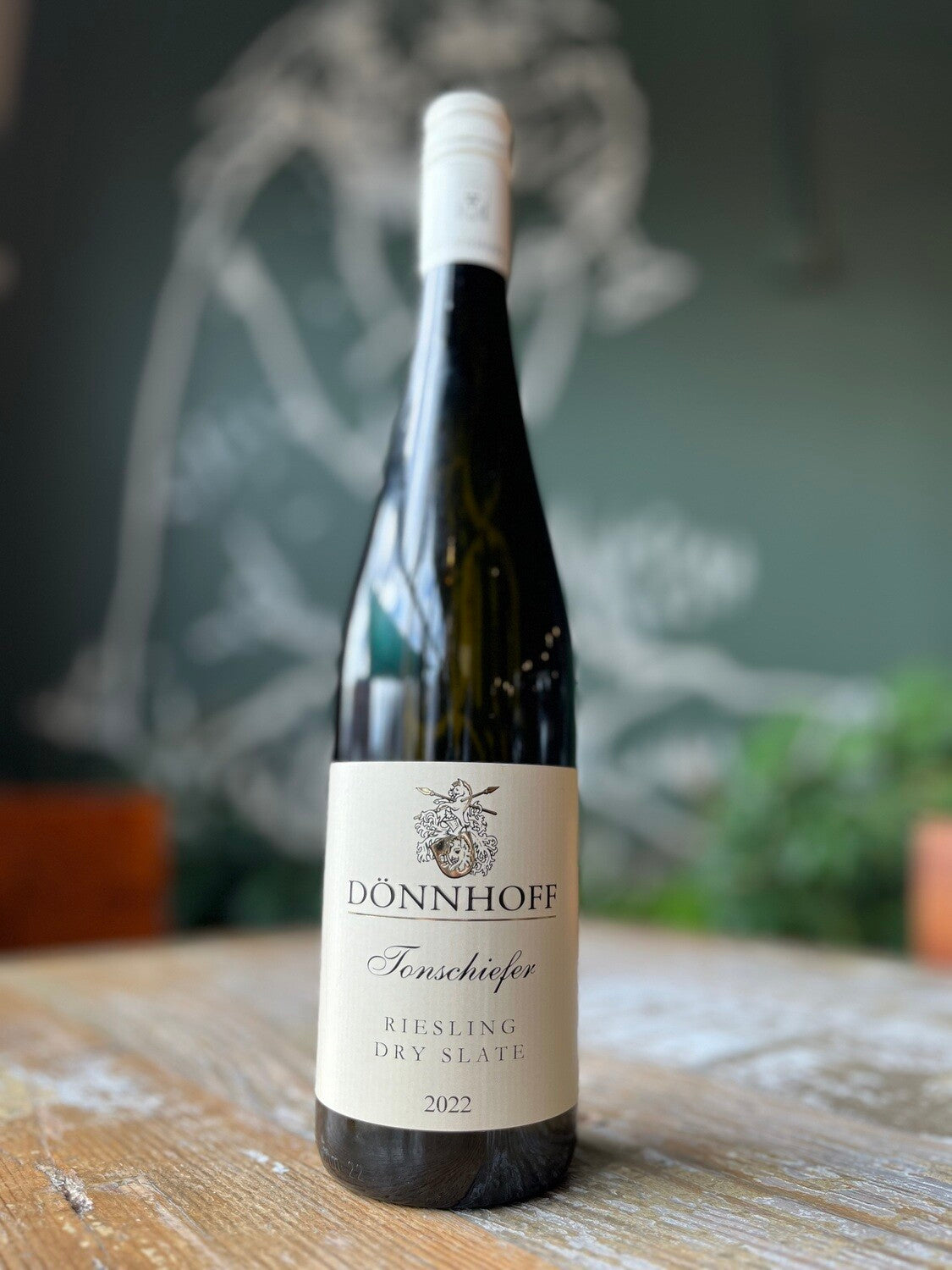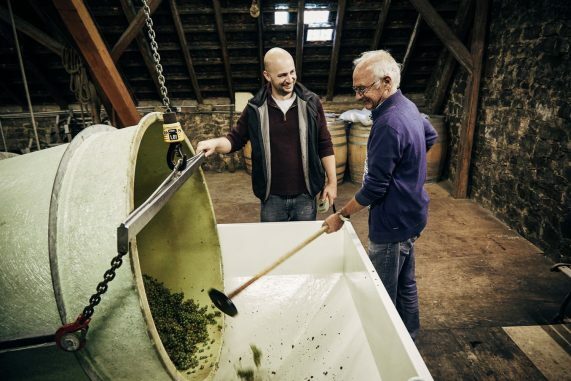1
/
of
2
Donnhoff Tonschiefer Riesling Dry Slate 2023
Donnhoff Tonschiefer Riesling Dry Slate 2023
Regular price
$93.00 USD
Regular price
$0.00 USD
Sale price
$93.00 USD
Unit price
/
per
Shipping calculated at checkout.
Wine
2 in stock
Couldn't load pickup availability




